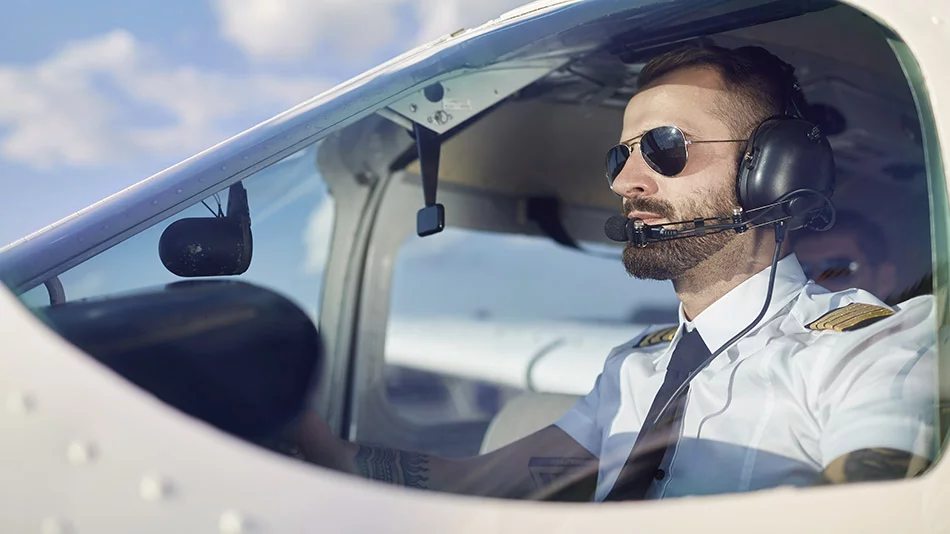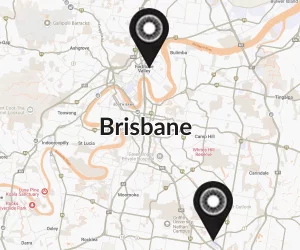
Is LASIK allowed in defence? If yes, then in what fields?
For many individuals pursuing a career in defence, clear vision is essential. However, not everyone has perfect eyesight, and this is where LASIK (Laser-Assisted In Situ Keratomileusis) surgery can come into play. If you’re considering a defence career and wondering whether LASIK is allowed, and in what specific fields, this blog will provide you with the answers you need.
Understanding LASIK surgery
LASIK is a popular laser eye surgery that corrects common vision problems such as myopia (short-sightedness), hyperopia (long-sightedness), and astigmatism. During the procedure, an ophthalmologist uses a laser to create a thin flap in the cornea, then reshapes the underlying tissue to improve the eye’s focusing power. The flap is repositioned, and it adheres naturally without stitches. Recovery is typically quick, and many patients experience significantly improved vision within a few days.
LASIK and Defence: General Guidelines
The acceptance of LASIK surgery in defence forces varies by country and specific branch of service. Generally, military organisations have stringent requirements for vision and medical fitness1https://barbaraneuhofer.com/updated-adf-eyesight-requirements-what-you-need-to-know/. While LASIK has become more accepted over the years, there are still specific guidelines and restrictions to be aware of.
Australian Defence Force (ADF)
In the Australian Defence Force (ADF), LASIK and other refractive surgeries such as PRK (Photorefractive Keratectomy) are allowed under certain conditions. Here’s a general overview of the guidelines:
- Timing: Applicants must wait a certain period after LASIK surgery before they can apply or be assessed for entry. This waiting period typically ranges from 3 to 6 months, allowing sufficient time for healing and ensuring that vision is stable.
- Medical Examination: Applicants who have undergone LASIK must pass a thorough medical examination. This examination assesses the overall health of the eyes and ensures there are no complications from the surgery.
- Vision Standards: Even with LASIK, applicants must meet specific vision standards. These standards can vary depending on the role and branch of service.
Fields in Defence Allowing LASIK
While LASIK can be a pathway to achieving the vision standards required for many defence roles, some fields have stricter requirements. Here are some areas where LASIK is generally accepted:
- General Enlistment: Many roles within the general enlistment categories of the army, navy, and air force accept candidates who have undergone LASIK, provided they meet the vision standards and other medical criteria.
- Pilot and Aircrew: Vision requirements for pilots and aircrew are more stringent. While LASIK is often allowed, candidates must meet higher vision standards and undergo more rigorous medical examinations. In some cases, PRK may be preferred over LASIK for aircrew roles due to differences in recovery and potential impact on the cornea during high-G maneuvers.
- Special Forces: Special forces roles, such as commandos and SAS, have extremely high physical and medical standards. While LASIK is not automatically disqualifying, candidates must meet all vision and medical criteria and any history of eye surgery is scrutinised closely.
Benefits of LASIK for Defence Personnel
LASIK offers several advantages for those pursuing a career in defence:
- Improved Vision: Achieving the necessary vision standards without reliance on glasses or contact lenses.
- Operational Readiness: Enhanced performance in operational settings where glasses or contacts might be a hindrance.
- Safety and Convenience: Reduced risk of eye injuries related to glasses or contact lenses in harsh environments.
LASIK surgery can be a viable option for those looking to pursue a career in defence, provided they meet the specific guidelines and standards set by their military organisation. If you’re considering LASIK to improve your vision for defence service, it’s crucial to understand the requirements and consult with both medical professionals and military recruitment officers.
Ready to explore the benefits of LASIK and see if it’s the right option for your defence career? Take our self-test today to find out if you’re a good candidate. Our team at our refractive clinic in Brisbane is here to guide you through the process and answer any questions you may have. Don’t wait—start your journey to clearer vision and a fulfilling career in defence now!

Hi, I’m Dr. Matthew Russell, a laser and cataract surgeon
HI I’M DR. MATTHEW RUSSELL A LASER EYE AND CATARACT SURGEON
With over 15 years of experience, I enjoy the privilege of helping patients of all ages reclaim clear vision or preserve it for as long as possible.
Vision correction and high-precision cataract surgery hinge on the expertise and skill set of the provider who also has access to the most precise tools for the job. Ophthalmic surgeons like me know how to make treatment safe, comfortable and positive for the patient. They know how to minimise the risk of complications and maximise successful outcomes.
I have a passion for helping my patients enjoy the clear, high-definition vision they need to live rich and active lives. Now, I have hand-picked a team of professionals that share my passion and commitment to exceptional care.
Dr. Matthew Russell
MBChB, FRANZCO





